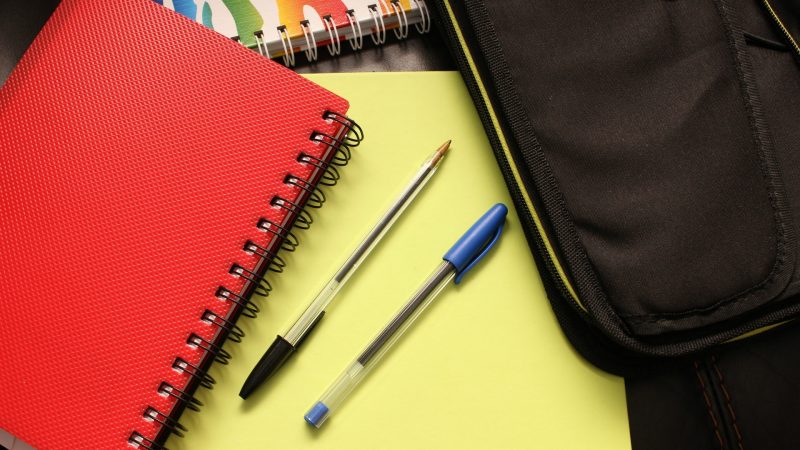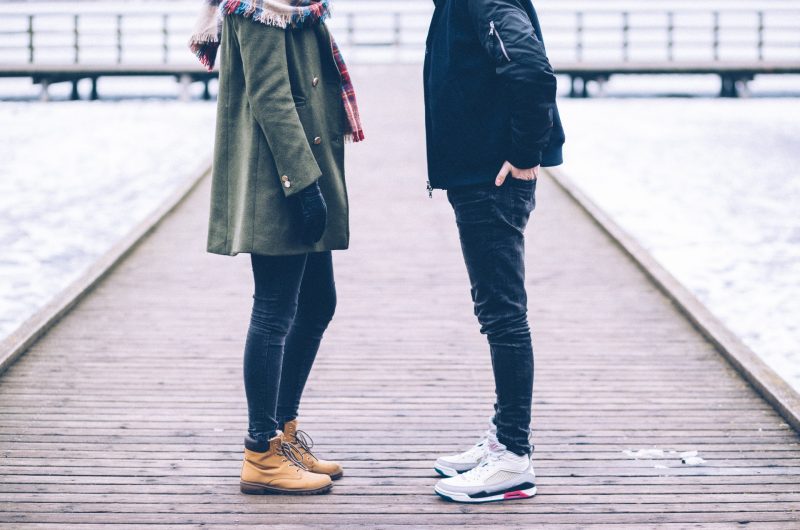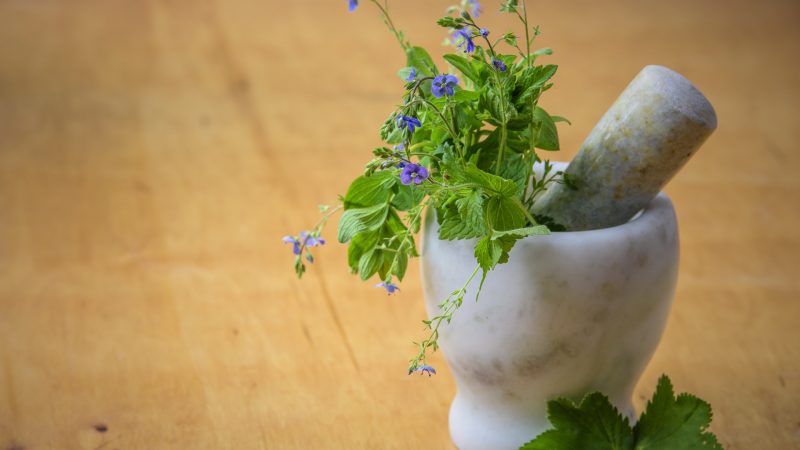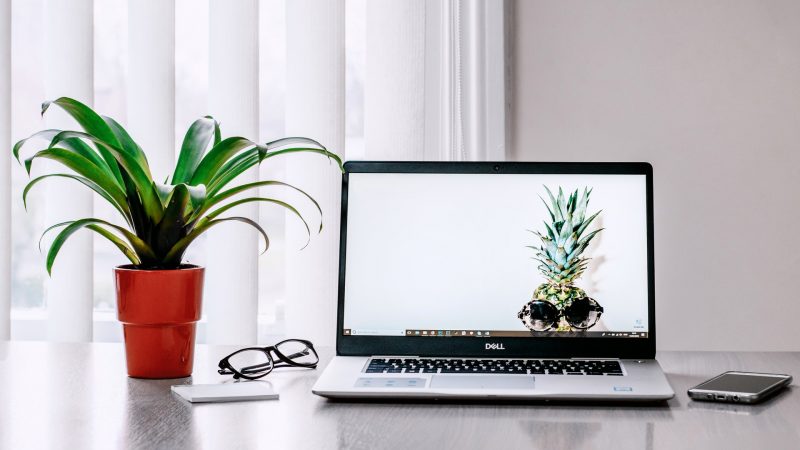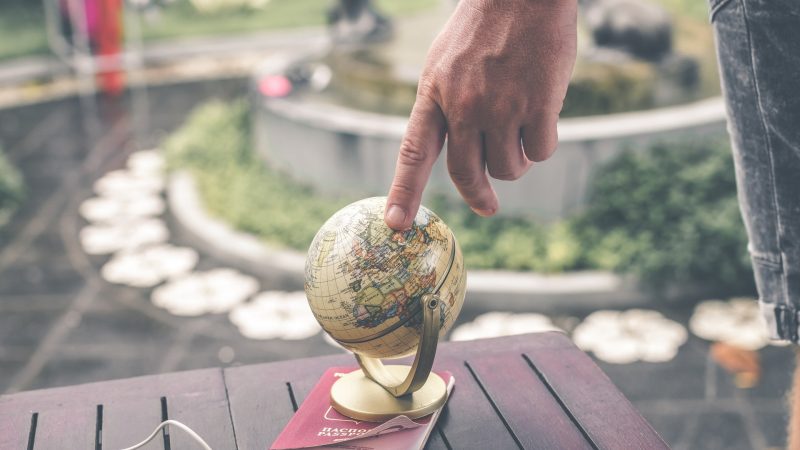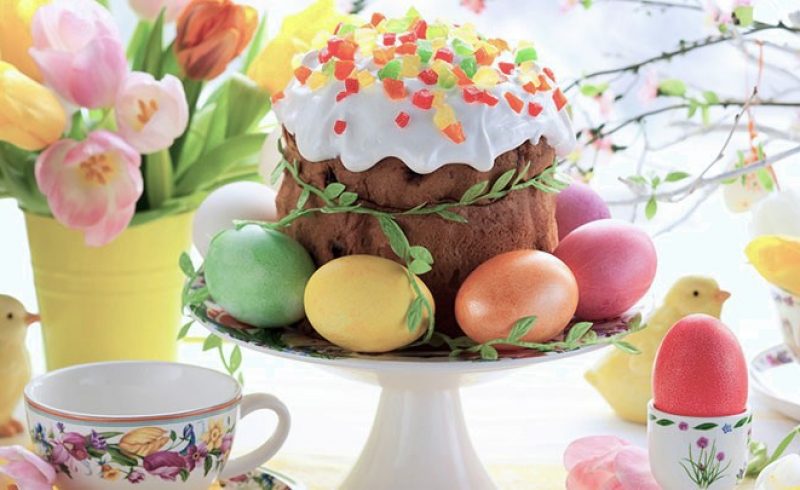 Documents
Documents
The first thing you need before going to study in Russia is obtaining a Russian visa. The requirements for issuing the visa depend on your country of residence. You can learn these requirements by visiting the official website of the Russian embassy in your country. Find out more about obtaining the Russian visa at the Visa & Registration page.
Another important document you must have during your studying in Russia is a medical insurance. You can purchase it in your country before arrival in Russia or from one of the insurance companies in Moscow. For insurance requirements please visit the Health & Insurance page.
![]() Outfit
Outfit
You may have heard the common myth that it is freezing all year round in Russia. Of course, winters can be quite severe, so make sure you bring a warm coat, a hat, gloves and a pair of warm boots with you. You can also buy these things here if you arrive in autumn, before the cold season starts. The good news is that all Russian homes are equipped with central heating, so you will be comfortable wearing a T-shirt in the apartment, while it is chilly outside.
If you come to Russia for a spring semester, bear in mind that in March the temperature is still very low. In autumn during the rainy season, and in spring when the snow melts, you will need to protect yourself from the wet. Some water-proof boots, warm socks and a raincoat will be very appropriate.
If you arrive in Moscow for a summer school, bring nothing more than some casual outfit and sunglasses, as summers in Moscow are usually quite hot.
 Medicines
Medicines
If you need to take some medicines regularly, please bring a sufficient supply of them with you. But do not worry if you have them run out, you can buy an analog in Russia after consulting a physician and receiving a prescription.
Also, there are some medicines, such as headache or cough remedies, that do not require a medical prescription. Read more about the pharmacies in Moscow here.
 Electric Appliances
Electric Appliances
Buy a power plug adapter suitable for Russian sockets. The power sockets here are of type C and F, the standard voltage is 220 V and the standard frequency is 50 Hz.
Also, if you plan to bring a laptop with you, find out whether you need a special power converter for it. Some laptops have switches that allow them to use either 120 V or 220 V. If your laptop is not equipped with one, a separate transformer is required.
 Language
Language
Even if you plan to pick up your Russian while studying at MCU, we recommend that you learn some basic Russian phrases to be able to explain to people what you need. Many Russians do speak English, and the navigation around city is growing friendlier for the international guests, as there are signs and maps in English in the public transport and on the streets. However, your general stranger may not be able to answer you in English. You can use traditional phrasebooks or digital apps, which will help you to pronounce Russian words correctly, or read and translate the signs.
 Traditions
Traditions
Moscow is not very different from any other European capital. You will meet people using iPhones, dressed in the clothes of familiar brands, listening to world popular music and watching latest Hollywood premiers.
However, it is sensible to read and learn about the etiquette, traditions and expectations exercised in the Russian society. For example, if your new Russian friends invite you to their home, it will be appreciated if you bring a small gift with you.
Studying in Moscow, you will experience celebrations of the local holidays. The major public holidays are the New Year, Christmas, Protector of the Motherland Day, Women’s Day, Spring and Labour Day, Victory Day, Russia Day and Day of National Unity.
Besides, there are several unofficial holidays, which are nontheless celebrated with great enthusiasm, such as Easter or Maslenitsa. They feature ancient pagan and later Orthodox traditions. You can learn more about the Russian holidays here.

